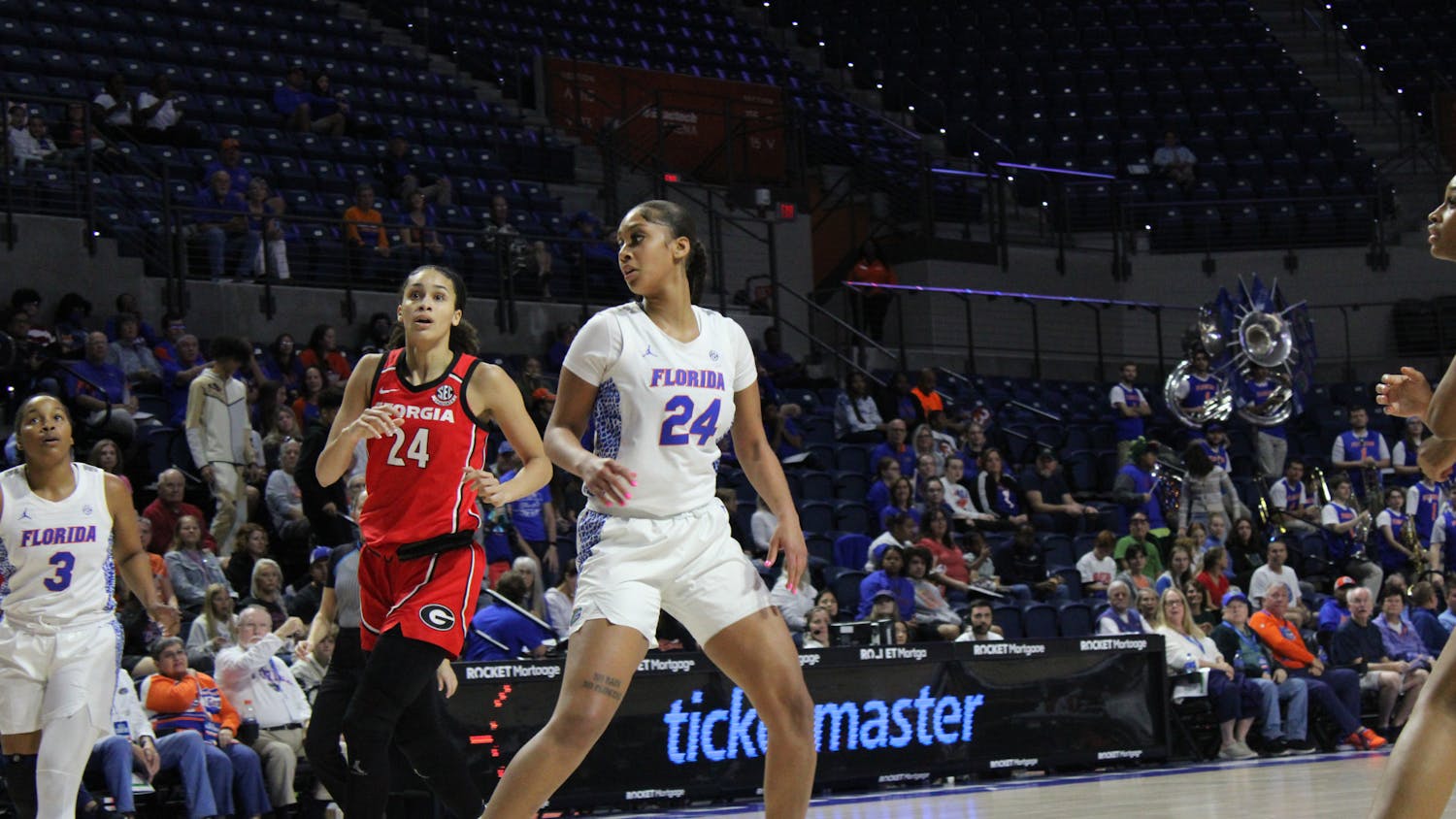Back in 2015, Sean Murray, the head developer and mastermind behind the video game “No Man’s Sky,” appeared on the late-night programs of Jimmy Fallon and Stephen Colbert to promote a game that was very far from being finished. Then, after multiple delays, the supposedly “completed” game was released in August, only to be bombarded with poor reviews and intense criticism.
When Murray was showing off the game, both the overly excited hosts and viewers at home were astonished by what they were seeing. The idea behind “No Man’s Sky” is brilliant and unconventional: a game that takes place in a seemingly infinite universe of more than 18 quintillion planets, randomly generated and populated by a complex algorithm. The player is simply dropped into this colossal world and must fight for survival against both alien foes and intergalactic elements.
The demos shown leading up to the release displayed magnificent, colorful worlds swarming with imaginative life forms and activity. What the public actually got, however, was another — and much more boring — story.
Instead of the fascinating and happening planets shown in advertisements and demos, the majority of planets on the game turned out to be barren, monochromatic wastelands, which were home to a couple of odd-looking creatures sluggishly wandering the worlds like prisoners bound to their respective cells. Instead of the intense space battles that were advertised, users found the space between planets to be mostly, well, space. And that type of space is just plain boring.
Maybe “No Man’s Sky” is actually a realistic depiction of outer space, and maybe even a lesson for us to learn. Maybe space really is just an impressively immense desert, completely and utterly devoid of life and interesting activity. Or maybe it’s not, and “No Man’s Sky” is just a boring game?
Even if real space turns out to be nothing but a deadly, dark desert, it is still amusing to imagine it teeming with activity. And that’s exactly what consumers were expecting of “No Man’s Sky” — not a realistic space simulator, but instead an ambitious and fun game, a way to live out the space fantasies and daydreams of our youth.
The game might be a tragic disappointment, especially to those poor souls who waited so anxiously and even pre-ordered the game, but that is not even the biggest problem here. The real issue is one of consumer protection. The idea that consumers have rights to fair trade and “accurate information in the marketplace.”
Just last month, it was reported that the Advertising Standards Authority, a group located in the U.K., was investigating “No Man’s Sky” for “misleading advertising,” specifically the “discrepancies between what is in the game and how the game is described and portrayed in a trailer shown on Valve’s Steam website.”
Whether the ASA finds “No Man’s Sky” guilty of misleading advertising or not, it brings up a very important topic that is often neglected. As consumers, we sometimes have a blind faith in companies, trusting that everything they say is truthful and hardly ever being skeptical of their claims.
Personally, it rarely crosses my mind that an advertisement is lying to me, which is largely due to the faith that I have in government agencies like the Federal Trade Commission, which are designed to prevent such dishonesty in the market. Consumers should be reminded to stay vigilant and skeptical of advertising, treating an ad for a new TV with the same questioning as a mud-slinging political ad.
Andrew Hall is a UF business administration junior. His column appears on Fridays.





